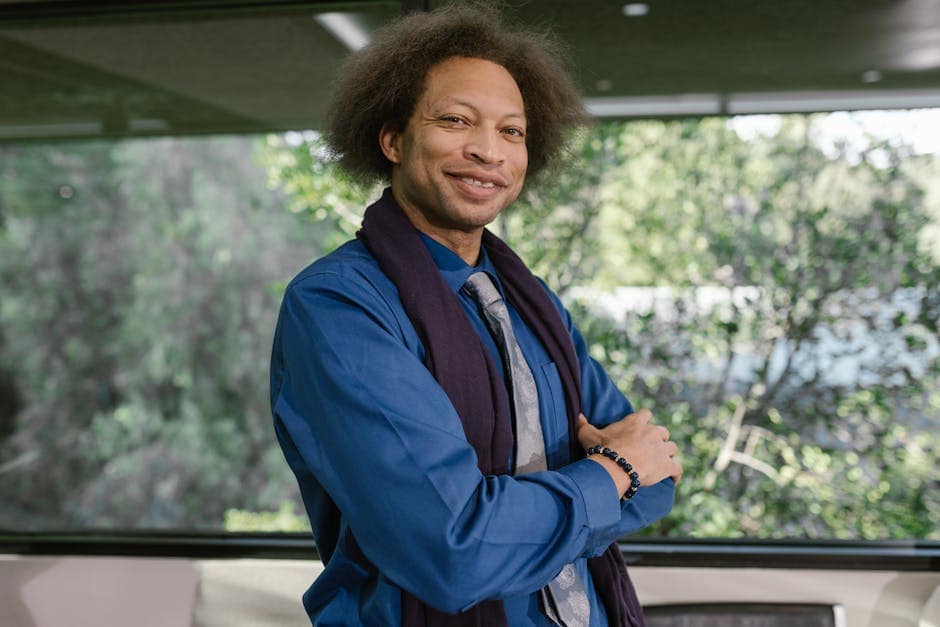Future of Catering Staff Hiring
Technological Transformation in Catering Recruitment
Artificial intelligence is revolutionizing how catering businesses identify and hire talent. AI-powered platforms can scan thousands of applications in minutes, identifying the most suitable candidates based on skills, experience, and cultural fit. For example, chatbots now handle initial candidate screenings, answering questions, and scheduling interviews automatically. Additionally, predictive analytics help employers forecast staffing needs based on event calendars, seasonal trends, and market demand. This technology significantly reduces time-to-hire while improving match quality. Consequently, catering companies that embrace these tools gain a significant competitive advantage in securing top talent.
Middle East Hospitality Hiring Challenges
The Middle East catering sector faces unique regional challenges that impact staffing strategies. Firstly, the region’s rapid expansion creates intense competition for qualified professionals. According to a Deloitte report, Dubai alone will add 48,000 new hotel rooms by 2030, requiring approximately 72,000 new hospitality staff. Secondly, cultural and language diversity requires sophisticated recruitment approaches. Catering staff must often serve clients from dozens of different nationalities simultaneously. Thirdly, high turnover rates plague the industry, with average tenure below 18 months in many markets. These factors combine to create a complex hiring landscape that demands innovative solutions.
Digital Platforms Revolutionizing Staff Selection
Specialized digital marketplaces are transforming how catering businesses connect with potential employees. Platforms like Allianz EHR’s resource portal provide access to pre-vetted catering professionals with verified credentials. These platforms use sophisticated matching algorithms to connect employers with candidates who possess the specific skills required for Middle Eastern catering environments. Moreover, mobile-first recruitment apps allow for instant communication and video interviews, crucial for hiring staff who may be in different countries. This digital transformation makes the hiring process faster, more efficient, and more transparent for all parties involved.
Skills Evolution in Catering Personnel
The skill set required for catering staff is expanding beyond traditional food service capabilities. Modern catering professionals need digital literacy to operate point-of-sale systems, inventory management software, and customer relationship platforms. Additionally, sustainability knowledge has become increasingly important as clients demand eco-friendly catering solutions. Cross-cultural communication skills are particularly valuable in the Middle East’s diverse hospitality environment. Furthermore, problem-solving abilities and emotional intelligence are now prioritized alongside technical food service skills. This evolution requires catering companies to rethink their training programs and hiring criteria to ensure they’re selecting candidates with this broader skill set.
Cultural Adaptation in Middle East Hiring Practices
Successful catering hiring in the Middle East requires deep cultural understanding and adaptation. Employers must navigate complex visa regulations, cultural norms, and religious considerations when building their teams. For instance, during Ramadan, catering operations require staff with specific cultural sensitivity and knowledge of Iftar traditions. Additionally, language skills take on added importance, with multilingual staff often commanding premium salaries. According to research from hospitality researchers, companies that invest in cultural training programs experience 32% lower turnover rates. This cultural intelligence becomes a significant competitive advantage in the region’s catering market.
Remote Hiring and Virtual Onboarding Trends
The pandemic accelerated adoption of remote hiring processes that continue to shape catering recruitment. Virtual interviews now commonly replace initial in-person meetings, especially for international candidates. Subsequently, digital onboarding platforms allow new hires to complete paperwork, training modules, and orientation before arriving on site. This is particularly valuable in the Middle East, where many catering professionals are recruited from abroad. However, these practices present unique challenges for hands-on roles like chefs and service staff. Innovative companies are using virtual reality simulations to assess practical skills remotely, bridging the gap between traditional and digital hiring methods.
Sustainability and Ethical Hiring Practices
Environmental and social governance factors increasingly influence catering staff recruitment decisions. Clients and employees alike now expect catering companies to demonstrate ethical hiring practices and environmental responsibility. This includes fair wage policies, ethical recruitment channels, and reduced environmental impact in operations. A study by Oxford Business Group found that 68% of Middle East hospitality professionals prefer employers with strong sustainability credentials. Consequently, catering businesses that prioritize these values in their hiring process attract higher-quality candidates and win more premium contracts.
Data-Driven Recruitment Strategies
Advanced analytics are transforming how catering businesses approach workforce planning and hiring. By analyzing data on employee performance, retention, and productivity, companies can identify the characteristics of successful catering staff. This data-driven approach allows for more accurate prediction of which candidates will thrive in specific roles and environments. Furthermore, predictive analytics help optimize scheduling, reducing overstaffing and understaffing during events. HR consultants increasingly recommend implementing these analytical tools to improve hiring outcomes and operational efficiency in catering operations.
Future Projections for Catering Employment
The next decade will bring continued evolution in how catering staff are recruited and retained in the Middle East. Automation will handle increasingly complex recruitment tasks, but human judgment will remain crucial for cultural fit assessment. Additionally, the growing emphasis on unique culinary experiences will drive demand for specialized catering professionals with niche skills. Meanwhile, workforce mobility will increase, with professionals moving more freely between countries and sectors. Catering companies that develop sophisticated hiring ecosystems will gain significant advantages in this evolving landscape. Ultimately, the most successful businesses will be those that blend technological efficiency with human insight in their recruitment processes.
Implementing Future-Ready Hiring Solutions
Preparing for the future of catering staffing requires strategic investment and planning. Companies should begin by auditing their current recruitment processes and identifying areas for technological enhancement. Subsequently, developing partnerships with specialized recruitment firms like Allianz EHR can provide access to expertise and tools that might otherwise require significant investment. Training existing HR staff on new technologies and methodologies is equally important. Finally, creating flexible workforce models that combine permanent, temporary, and gig workers will provide the agility needed to respond to fluctuating demand in the catering sector.
Frequently Asked Questions
How is technology changing catering staff hiring in the Middle East?
Technology is revolutionizing catering recruitment through AI-powered candidate screening, virtual reality skills assessment, and digital onboarding platforms. These tools significantly reduce hiring time while improving candidate quality and cultural fit.
What are the biggest challenges in Middle East catering recruitment?
The main challenges include intense competition for qualified staff, cultural and language diversity requirements, high turnover rates, and navigating complex visa and regulatory environments across different Middle Eastern countries.
What skills will be most valuable for catering staff in the future?
Beyond traditional food service skills, digital literacy, sustainability knowledge, cross-cultural communication, emotional intelligence, and problem-solving abilities will be increasingly valuable for catering professionals.
How important is cultural adaptation in catering hiring?
Cultural adaptation is critical in the Middle East’s diverse hospitality environment. Companies that invest in cultural training experience significantly lower turnover rates and better client satisfaction scores.
What does the future of catering staff hiring look like?
The future will see increased automation of recruitment processes, greater use of data analytics, more remote hiring, and emphasis on sustainability and ethical practices in catering staff selection.
Conclusion: Embracing the Hiring Evolution
In conclusion, the future of catering staff hiring in Middle East hospitality is being shaped by technological innovation, cultural intelligence, and evolving skill requirements. Companies that successfully adapt to these changes will secure significant competitive advantages in attracting and retaining top talent. Furthermore, the integration of AI, data analytics, and digital platforms will continue to transform recruitment processes, making them more efficient and effective. Finally, the most successful catering businesses will be those that balance technological efficiency with human insight and cultural understanding. To discuss how these trends might impact your specific catering operation, contact our hospitality HR specialists for a personalized consultation today.




